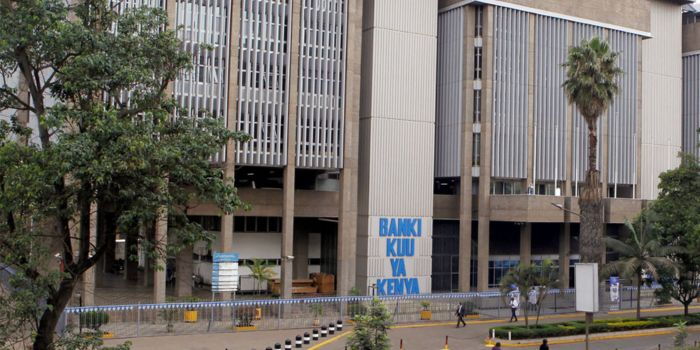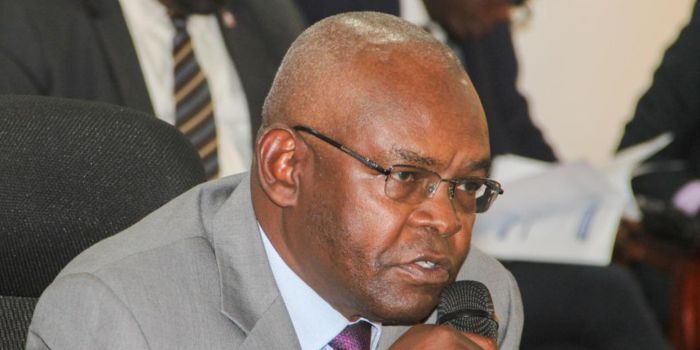In a revealing report released on Wednesday, July 2, the Central Bank of Kenya (CBK) has uncovered a major financial movement involving the transportation of large amounts of physical cash by Kenyan banks to foreign countries, including the United Kingdom, United States, and South Sudan.
The report, titled the Survey on Cross-Border Movement of Cash, shows that 15 commercial banks, representing nearly 40 percent of Kenya’s licensed banking institutions, have been actively engaged in moving physical currency across international borders. While the CBK stopped short of disclosing the exact amounts, the scale is believed to be in the billions.
The main driving forces behind these transfers, according to the CBK, include the repatriation of foreign currency and the need to support the liquidity demands of foreign subsidiaries.
Much of the cash being moved originates from customer deposits collected at local branches. Additional sources include funds from group subsidiaries, foreign central banks, and currency exchange agencies.
The United Kingdom stood out as the primary destination, receiving an astonishing 42 percent of the total reported cash outflows. The United States followed with 15 percent, while Switzerland and Germany accounted for 12 and 4 percent, respectively.
Regionally, South Sudan was a key recipient, receiving 15 percent of all regional transfers, while the Democratic Republic of Congo (DRC) saw 8 percent.
The cash being moved mainly consists of US dollars, euros, and British pounds. Recipients on the other side of these transactions range from financial services firms involved in cross-border payments and forex operations to individual bank customers, group subsidiaries, and foreign correspondent banks.
While such movements raise eyebrows, the CBK outlined several measures used by banks to legitimize these transfers.
These include robust Know Your Customer (KYC) and Customer Due Diligence (CDD) procedures, as well as the use of counterfeit currency detectors sourced only from globally licensed suppliers. Banks are also required to secure necessary regulatory approvals from the countries where the transfers originate.
However, the report wasn’t without concern. It disclosed that 67 percent of the participating banks had encountered incidents of smuggling or irregularities in the declaration of cash. Still, the institutions involved insisted that such incidents were rare and isolated.
Despite the controls in place, banks highlighted significant challenges, including the absence of advanced technology to streamline the management of physical cash and difficulties in obtaining cooperation from some clients or partner institutions abroad.
This report sheds light on a little-seen but highly impactful component of Kenya’s financial system, one that reflects both the scale of cross-border business and the vulnerabilities that come with managing such vast sums in physical form.
As the world increasingly moves toward digital payments, Kenya’s ongoing reliance on physical currency transfers could spur important discussions around modernization, risk, and financial transparency.






